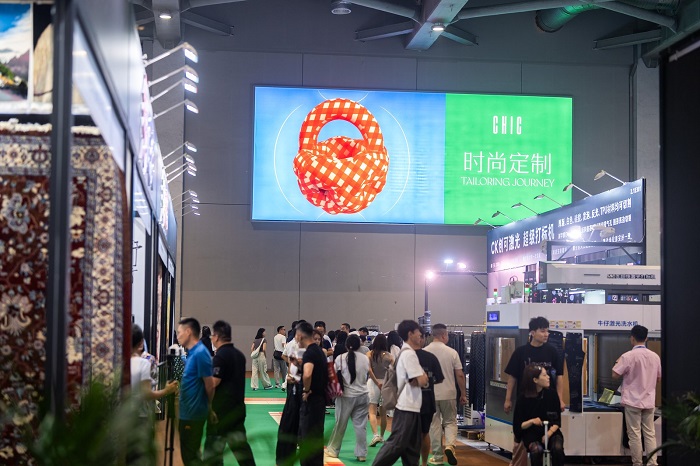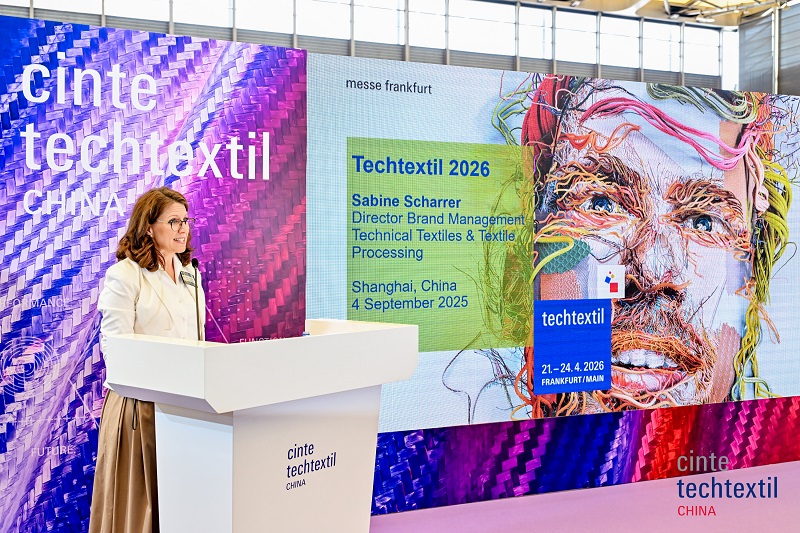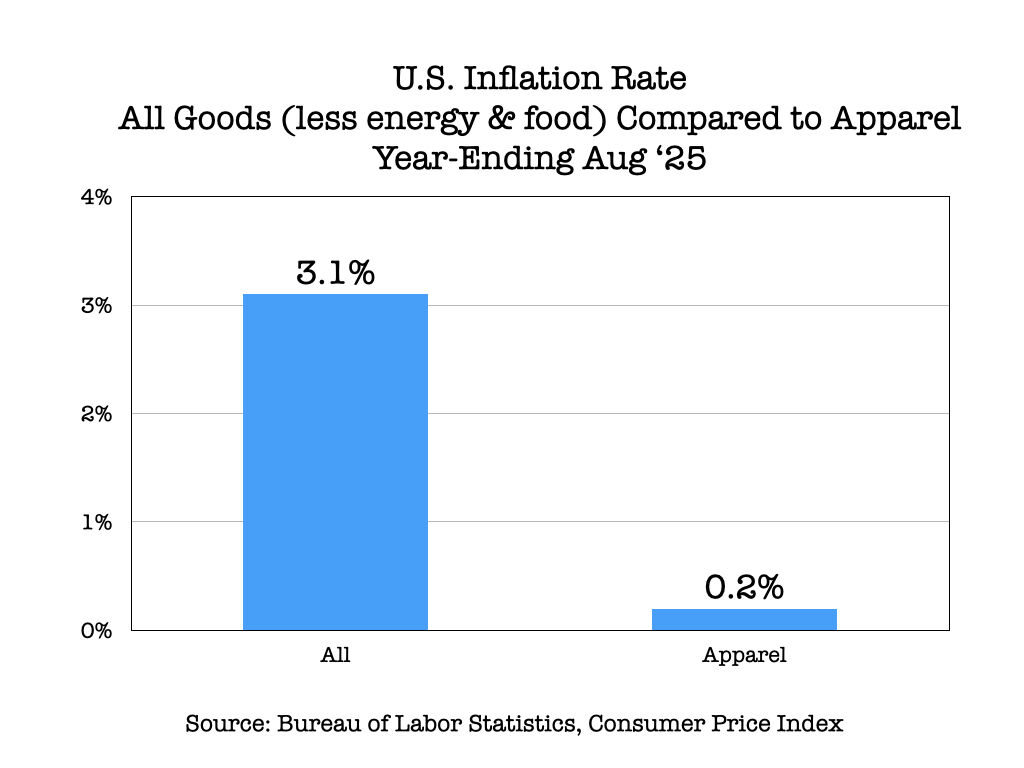FW
China is entering into a new phase of opening up. Plans now include broadening market access, raising foreign equity caps and creating a more attractive investment environment. The country relied mainly on providing favorable policies for foreign investors in the past, but now will rely on improving its investment environment. It will strengthen protection of intellectual property rights, or IPR. This is the centerpiece of the system for improving property rights protection, and it will also provide the biggest boost to enhancing the competitiveness of the Chinese economy.
The country this year will significantly lower the import tariff for vehicles and also reduce import tariffs for some other products. This seemingly reconsidered stance comes amid escalating tensions between the US and China, which have been locked in a tariff standoff. China outlined $50 billion worth of tariffs on US goods including cotton. The US detailed 1,300 products from China that would face new tariffs.
The back-and-forth has sent markets roiling, stocks tizzying and kept apparel brands and manufacturers on edge as they wait to see how things will shape up. Concerns over China’s intellectual property practices have been largely the focus of America’s tariff targets. The US says China forces US companies looking to do business there to transfer sensitive data and intellectual property.
"America’s biggest fashion retailers including Ralph Lauren, Calvin Klein are now looking at a revival of blue jeans while losing out to athleisure wear which has overpowered jeans in recent times. The US Census Bureau recently pointed out last year, imports of elastic knit pants surpassed those of jeans for the first time ever. To bring back the vigour, these companies have renewed their thrust on denim manufacturing lately. The biggest reason for such a deterring performance is stagnant designs or lack of uniqueness. While microtrends such as cropped flares and ’80s throwbacks pop up here and there but the skinny jean has remained the dominant style for more than a decade."

America’s biggest fashion retailers including Ralph Lauren, Calvin Klein are now looking at a revival of blue jeans while losing out to athleisure wear which has overpowered jeans in recent times. The US Census Bureau recently pointed out last year, imports of elastic knit pants surpassed those of jeans for the first time ever. To bring back the vigour, these companies have renewed their thrust on denim manufacturing lately. The biggest reason for such a deterring performance is stagnant designs or lack of uniqueness. While microtrends such as cropped flares and ’80s throwbacks pop up here and there but the skinny jean has remained the dominant style for more than a decade.

Levi Strauss & Co. too struggled for years to attain profit amid performance wear growth. With the company posting an 8 per cent increase in revenue in 2017, here’s some good news for fellow jeans manufacturers to buck up their performance. In line with this, Downtown streetwear brand Off White’s washed jeans drew a lot of interest for reworked denim, just as the patchwork jean styles from Vetements led the trendy label to collaborate with Levi’s. Brands are utilising technology to lure shoppers who demand more stretch and moisture-wicking, integrating fibres such as elastane and lyocell.
Emanuel Chirico, CEO, PVH Corp., which owns Tommy Hilfiger and Calvin Klein, points out an ‘incredible improvement’ in its jeans businesses worldwide. Chirico believes the revival is due to the popularity of ’90s style, and PVH putting its marketing dollars behind it. As far as Calvin Klein is concerned, he says the limited jeans product that the company has focussed on rolling out is paying huge dividends for them. Meanwhile, Ralph Lauren Corp., also plans to catch the bandwagon and will refocus on jeans wear. Denim represents just 2 or 3 per cent of the company’s total revenue, and the management intends to increase the numbers. Beyond big ticket brands, mass-market labels such as American Eagle Outfitters Inc., are also gearing up for the good times with their volumes registering an uptick. At J Crew, denim led its sister brand Madewell to
record sales both in stores and online last quarter. Madewell continues to report double-digit increases in comparative store sales, thanks to jeans. Art Peck, CEO, Gap Inc., also reported good performance of the women’s denim. Gap even conducts internal ‘denim summits’ to improve its jeans across all its brands.
Tawian has emerged as a strong textile power globally. The 2018 TEPP promotion campaign launched at INATEX 2018 that took place last week in Jakarta International Expo saw many Taiwanese companies producing functional and fashion textiles showcase their latest innovations. Every major brand in the world depends on Taiwan for leadership in textile development, innovation and quality. Brands like Nike, the North Face, Adidas, Under Armour, Columbia, Lululemon, Jack Wolfskin and others rely on Taiwanese companies for innovation and eco-friendly products.
As one of the leaders in chemical fiber, Taiwan has developed various functional and eco-friendly textiles for the global market, thereby being recognized as an international sourcing hub. After more than 60 years of development Taiwan's textile industry has evolved from a mass production textile supplier to a textile innovator equipped with a comprehensive yet integrated value chain.
While traditional textiles still have an important share in Taiwan’s textile output, the extraordinary performance achieved by local enterprises in the field of eco and multifunctional textiles has redefined Taiwan's status in the global textile market place.
The Taiwanese textile industry has developed environmentally-friendly concepts and done recycled polymer and polymer blends. From yarns for apparel to industrial and sport accessories, recycled yarns are growing in importance and are a core part of Taiwan’s textile industry.
Mixtures of new technologies and fashion allow new design elements that were hard to imagine in the past. Polymer based yarn developments in polyester, nylon, recycled and blended with natural fibers, lead the way.
Italian menswear show Pitti Uomo has entered a collaboration with Danish trade show Revolver. This will provide a chance for a selection of Scandinavian labels, both established and emerging, to showcase their talent in contemporary menswear.
Revolver represents the most progressive contemporary Scandinavian designer-driven fashion brands. The trade show welcomes a huge number of visiting buyers, press, and industry insiders.
The Pitti Uomo-Revolver partnership which starts next June is planned to last for three seasons. This season, it will allow 15 Scandinavian menswear labels to showcase their collections within a genuinely Nordic atmosphere, since the section will also feature iconic contemporary design brands from the furniture, art and food sectors.
The collaboration marks a step forward for Revolver, which is keen to promote Scandinavian creativity, notably in Italy. In recent seasons, the Danish trade show partnered with Milan-based fashion innovation event White Milano. The collaboration with Pitti Uomo will now give Revolver access to one of Italy’s major fashion shows.
Pitti Uomo is a biannual event that attracts buyers from around the world, designers and creative people, industry players and managers. It includes presentations, fashion shows, displays and installations. The trade fair plans an exhibition on the theme of fashion and football next June.
Textile mills in south India, which are facing a high rate of attrition, plan to conduct a job fair at Tripura on April 25 to 26 to recruit workers directly. Seven textile mills would take part in the fair with an aim to recruit about 4000 workers. This is on a trial basis and candidates can join work immediately. There are several schemes of the central government under which mills will train the workers for three months and then induct them as operators.
About 2,500 textile mills in the south employ close to seven lakh workers, of which more than 60 per cent are migrants. A migrant worker stays at a unit for just seven or nine months and leaves. This affects almost 30 per cent of the production. There is no process to verify the profile of workers and mills are unable to find out if a worker who goes home will return or not.
So migrants need to be trained not only in work but also in workplace systems. Hence it was decided to conduct job fairs in different states where mills can recruit directly.
Tripura has extended support for the initiative. It will identify eligible candidates village-wise and verify their details. Just a group of villages are taking part in the job fair initially.
For Q1 Levi Strauss’ net revenues increased 22 per cent on a reported basis and 16 per cent in favorable currency translation effects, driven by broad-based Levi’s brand growth in all regions and channels.
In Europe, net revenues grew 30 per cent, with the strongest growth in women’s and tops. In Asia, net revenues increased five per cent, thanks in part to an expanded direct-to-consumer business. The company had a particularly strong holiday season in the US. Net revenues increased 13 per cent in the Americas. The increase was seen across wholesale and direct-to-consumer channels in all markets.
On a reported basis, direct-to-consumer revenues grew 24 per cent on performance and expansion of the retail network as well as e-commerce growth. Wholesale reported revenues increased 21 per cent, driven by higher revenues from Europe and the Americas.
On a reported basis, gross margin was 54.9 per cent of revenues compared with 51.2 per cent in the same quarter of fiscal 2017. The margin benefit stems from revenue growth in the direct-to-consumer channel and international business, lower product sourcing costs and a favorable transactional impact of currency. The momentum and growth trends seen in the last half of the year not only continued but also accelerated in the first quarter. The incremental investments made in marketing, direct-to-consumer expansion and a more diversified portfolio are paying off.
Lectra has released the first of a series of cloud-based applications. One of these, Quick Estimate, revs up product development efficiency and is instrumental to managing costs. Another, Quick Nest, provides easy access to automatic marker making and capitalizes on cloud technology to handle heavy volumes of calculations in parallel, maximizing productivity and marker efficiency.
These apps empower decision-makers to respond in an instant. These well-packaged, light cloud applications will redefine the way fashion customers store and process data. These apps will also ensure enterprise-wide transparency as management teams gain full visibility of consumption needs for all products in development and production, thanks to viewable access of consolidated data for approval and reporting purposes.
Quick Estimate allows product development teams to calculate fabric requirements instantly. Pattern developers now have the flexibility to make pattern adjustments more quickly to optimize costs, while protecting the brand’s quality and assuring speed-to-market.
Quick Nest can be accessed through Diamino, Lectra’s marker-making solution. During the production development stages, Quick Nest users will be able to process more detailed markers faster. Quick Nest can also be used by production teams to treat lists of markers automatically in record time via the cloud. Lectra is a technological partner for companies using fabrics and leather.
Environmental protection is a top priority for Salvatore Ferragamo. In 2017, the group invested in projects to reduce consumption and obtain important environmental certification for its facilities, in order to minimise the environmental impacts of its operations.
Salvatore Ferragamo pursues a corporate social responsibility process, which began several years ago. Specific initiatives will be pursued over three years. The group believes in local community, synonymous with history and culture, and in the talent of young Italians, who are capable of resolving today’s problems and updating Italy’s creative legacy. It has sustained this legacy by financing, restorations of important works of art, like Neptune’s Fountain in Piazza della Signoria, Florence, and promoting, experimentation with sustainable materials, while remaining steadfast in its commitment to Made in Italy products.
Salvatore Ferragamo believes sustainability is a commitment to be included in development strategies and implemented in the long term. The group strives to make products that last longer, by investing in quality and thereby reducing waste. Italy-based Salvatore Ferragamo, and founded in 1927, is among the world’s leaders in the luxury industry. The group is active in shoes, leather goods, apparel, silk products and other accessories, along with women’s and men’s fragrances, eyewear and watches.
France's LVMH is raising projects in the luxury goods sector by entrepreneurs, including a startup working with silkworms on new materials and another whose software may help spot forgeries. Recently, the Louis Vuitton owner revealed a Paris-based startup programme, which aims to support 50 businesses a year by presenting them in a mega-campus where they can work together with its brands.
The world's biggest luxury goods LVMH, is following the paths of French cosmetics giant L'Oreal in grasping a corner of Station F, a massive startup incubator in Paris where it offers rent-free space to the startups. Ian Rogers, a former Apple music executive says the idea is to animate and activate those conversations around the things that may affect the luxury industry.
He further adds that LVMH has been concentrating its startup efforts in the French capital. LVMH, which also owns fashion label Christian Dior and champagne house Moet and Chandon, did not disclose how much it was spending on Its Station F venture, which kicked off in November but was recently unveiled.
Rogers did not rule out that LVMH or its venture capital arm could invest in some of the startups later on, and stated that there were no immediate plans to support the firms financially. Increased by strong demand from Chinese consumers recently LVMH posted a rise in first quarter sales. A lot of startups had some contact with LVMH or other luxury brands but want to grow their reach.
Bangladesh’s yarn production is set to expand 2.67 per cent this fiscal year on the back of rising garment exports. Cotton imports have been on the rise over the last several years thanks to higher demand from garment manufacturers. Cotton imports in Bangladesh have been increasing between 20 per cent and 25 per cent over the last few years. This year, Bangladesh’s cotton imports will increase by 25 per cent.
Of the total demand for yarn, Bangladesh imports nearly 30 per cent. These are mainly from India, China, Vietnam and Pakistan. However, garment makers use more local yarn mainly to reduce the longer lead-time. Bangladesh's 430 spinners can supply nearly 90 per cent of the demand for yarn from the knitwear sector and 35 per cent from the woven sector.
Bangladesh woven garment manufacturers import fabrics from countries like China, India, Vietnam and Pakistan. The market for clothing retail in Bangladesh is nearly $8 billion a year. Gradual development of the upstream supply chain, including spinning, dyeing, finishing, weaving and printing, creates more demand for cotton to meet the required supply to the garment industry. Yarn consumption in the local markets has increased due to higher consumption of clothing by people in the country.












